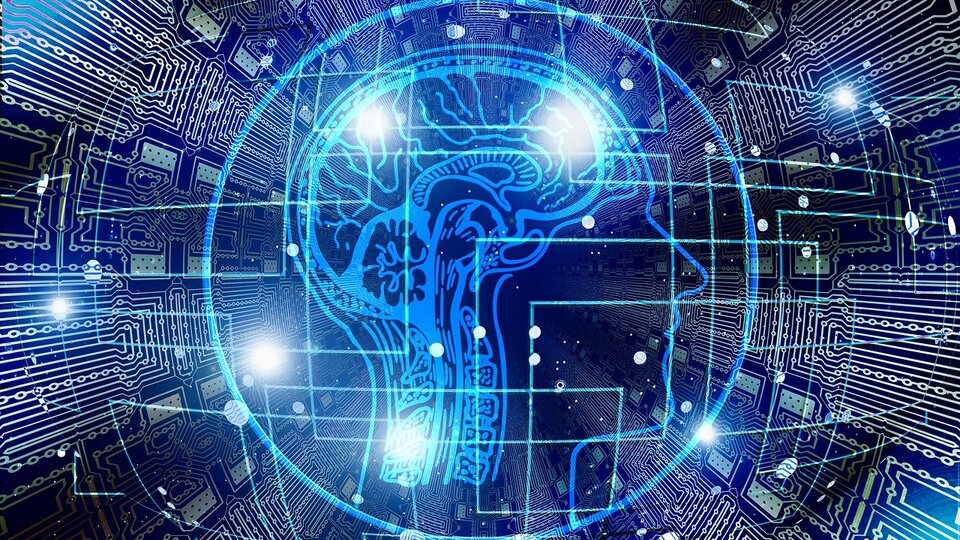Inspired by the human brain, a scientific team has developed a new synaptic transistor capable of “thinking” at a higher level; The device can process and store information simultaneously, in the style of our brain.
A description of the transistor that attempts to mimic human intelligence and that operates at room temperature has been published in the journal Nature, in an article in which researchers explain that the device goes beyond simple machine learning tasks to classify data, and is capable of correlational learning.
Although previous studies have used similar strategies to develop brain-like computing devices, those transistors cannot operate outside cryogenic temperatures.
On the other hand, the new model is stable at room temperature, operates at high speed, consumes very little power and retains stored information even when the power is removed, “making it ideal for real-world applications.”
The research was co-led by Mark C. Hersam, of Northwestern University, and Pablo Jarillo Herrero, of the Massachusetts Institute of Technology (MIT).
Recent advances in artificial intelligence (AI) have motivated researchers to develop computers that work more like the human brain. Hersem points out that for several decades, the electronics paradigm was to build everything using transistors—semiconductors that rectify and amplify electrical pulses—and use the same silicon architecture.
“Much progress has been made simply by putting more and more transistors in integrated circuits. The success of this strategy is undeniable, but it comes at the cost of high power consumption in today's big data era where digital computing is on its way to overflowing the grid.”
Therefore, we must rethink computers, especially for AI and machine learning tasks. Traditional digital computing systems have separate processing and storage units, making data-intensive tasks consume large amounts of power.


:quality(85)/cloudfront-us-east-1.images.arcpublishing.com/infobae/4ZZ2FSIOGRDANDY6WH34OA6XTA.jpg)
:quality(85)/cloudfront-us-east-1.images.arcpublishing.com/infobae/YMJL5TYTFCDXREBK5GQ3GF2NSE.jpg)

:quality(85)/cloudfront-us-east-1.images.arcpublishing.com/infobae/6WHDP7SXDYK6C4RCCMWTB7IJXU.jpg)